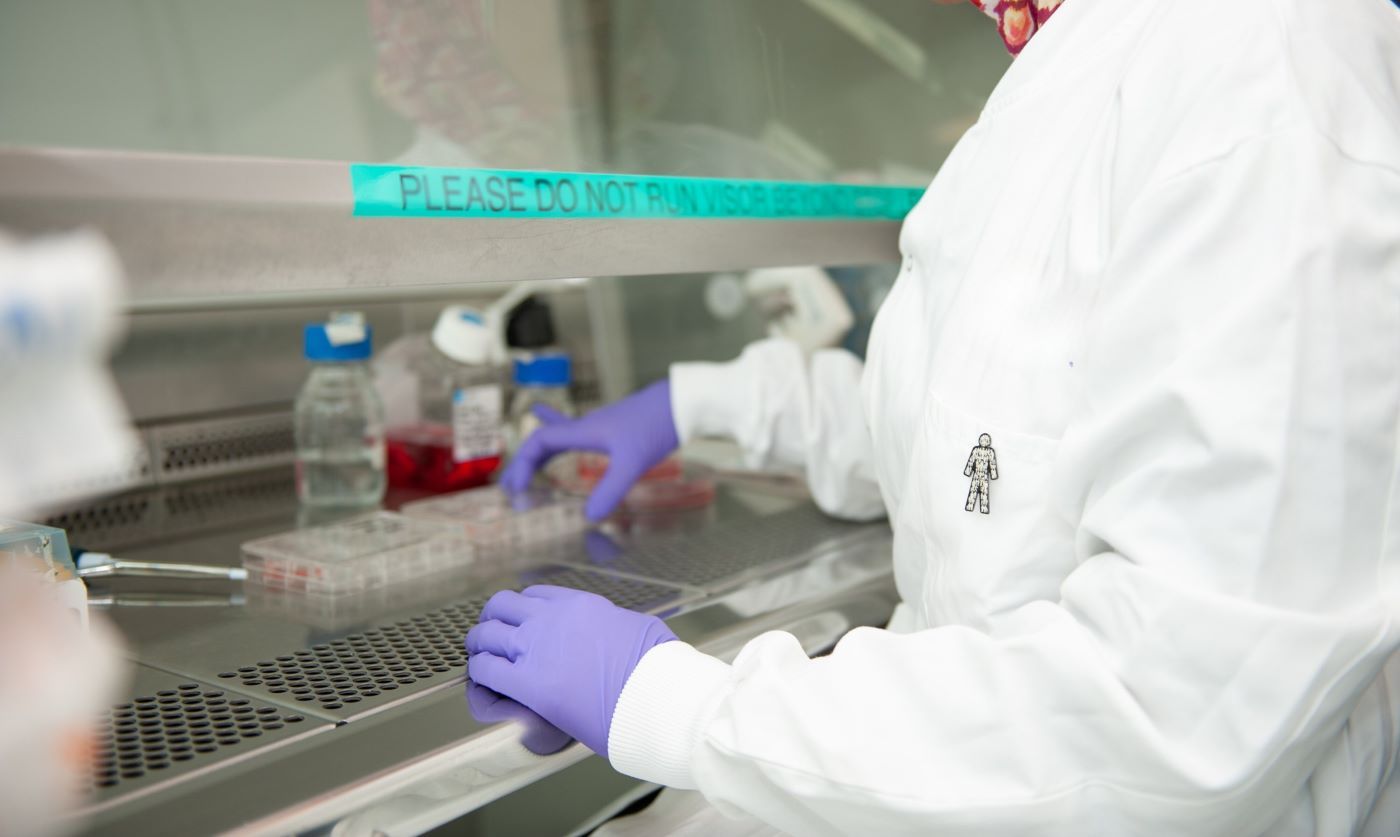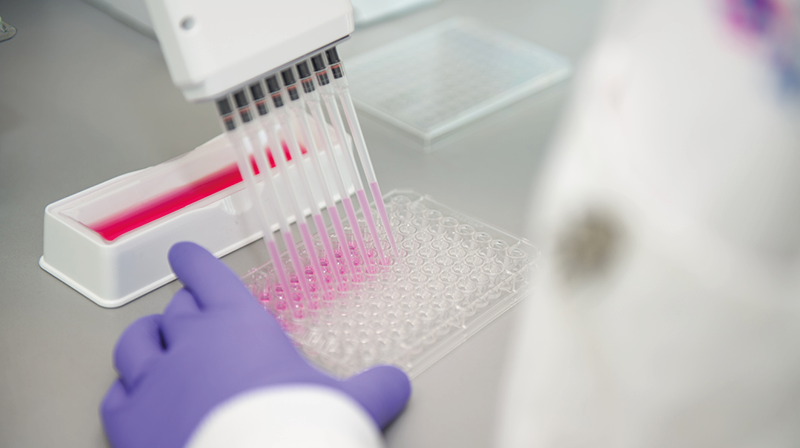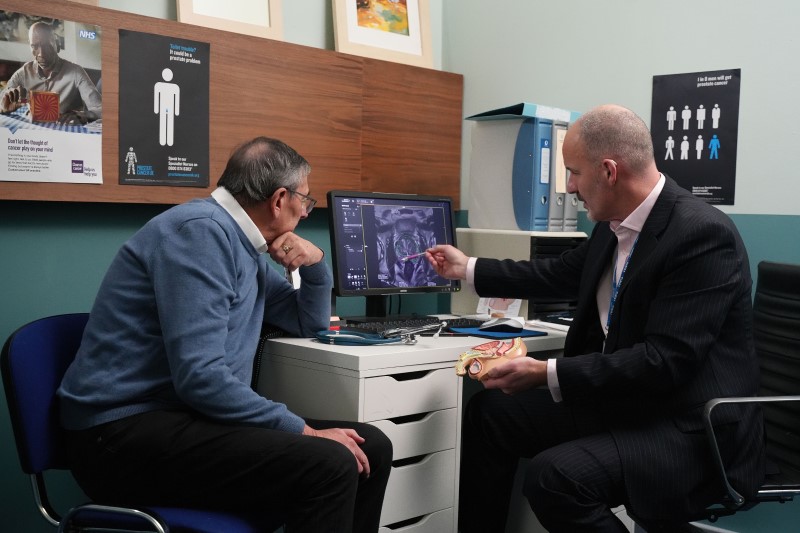
Targeting androgen receptor modifications to find and treat aggressive prostate cancer

Grant information
Researcher - Professor Joanne Edwards
Institution - Glasgow University
Grant award - £99,758.00
Duration - 2015 - 2018
Status - Completed
Reference – S14-003
Why did we fund this project?
- The androgen receptor, or AR for short, is a protein found in prostate cancer cells. It helps the cells to grow and spread.
- After it has been made by cells, the AR can undergo different modifications. These modifications can make the AR behave in different ways.
- Professor Joanne Edwards and team had previously shown men whose cancer had lots of 2 particular modifications were more likely to have more aggressive cancer and a shorter survival time.
- The team thought these modifications might be increasing the ability of the AR to cause cancer to grow and spread. If so, blocking these modifications could be a new way to treat prostate cancer.
- In this project, the team studied if these modifications could be treatment targets. They also studied if the amount of the modifications predicted how aggressive a prostate cancer would become, and how well it would respond to existing prostate cancer treatments. This would help inform treatment decisions.
What did the team do?

- The team studied the 2 modifications to the AR in prostate cancer cells and animal models of prostate cancer.
- The team studied whether levels of the modifications were linked to more aggressive cancer, and studied how they affected prostate cancer cells’ ability to grow and spread.
- They also tested whether existing prostate cancer treatments could alter the amount of the modifications found in cancer cells.
What did the team achieve?
- The team found the 2 modifications were more common in aggressive prostate cancer. Prostate cancers with high levels of both modifications were particularly aggressive.
- This suggests testing men's cancer for these modifications could help predict which men will develop aggressive cancer.
- Excitingly, the team also found some prostate cancer treatments, such as enzalutamide, reduced the levels of these modifications. This reduces prostate cancer's ability to survive and grow.
- The team think with further validation, these findings could help identify men who are most likely to benefit from drugs like enzalutamide.
How will this benefit men?
- The team have gained important insight in how these 2 modifications of the AR link to aggressive prostate cancer.
- They have also uncovered links between these modifications and treatment effectiveness, that with further validation could help inform treatment decisions for men.

Help us fund more lifesaving research like this..
Your support helps us fund pioneering research, so we can work towards a future where men's lives aren't limited by prostate cancer.

